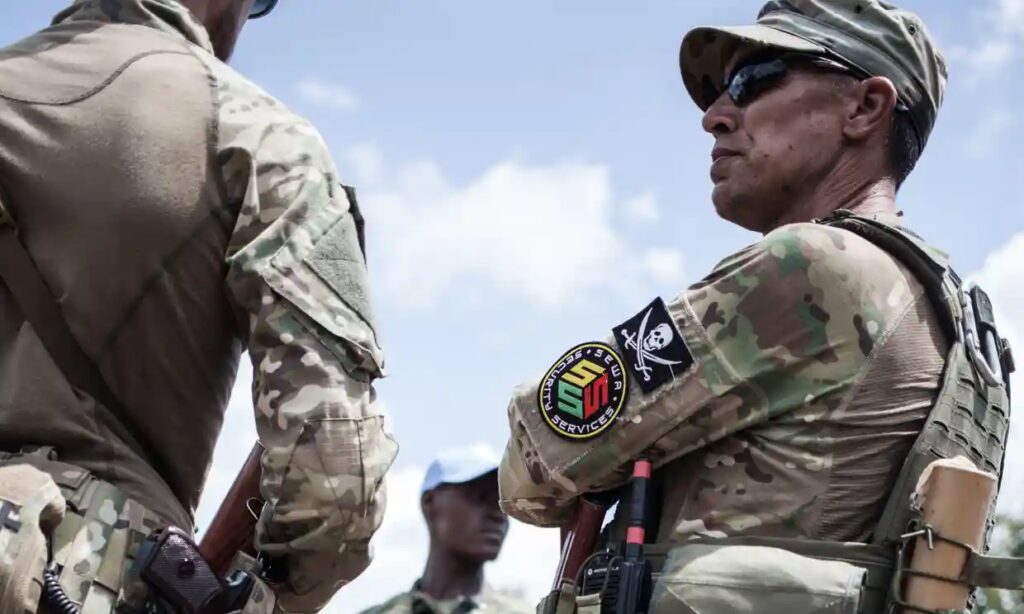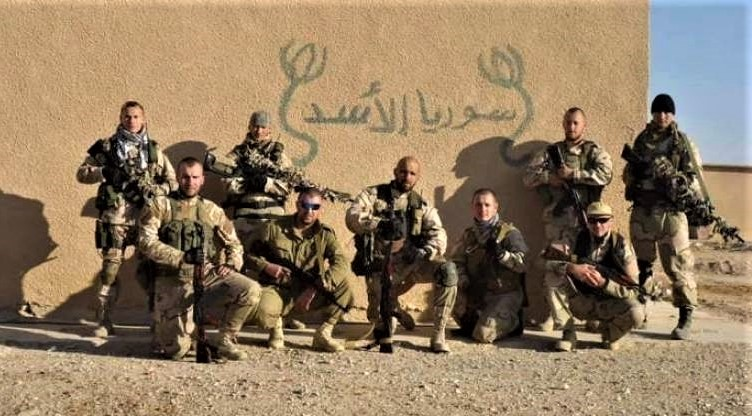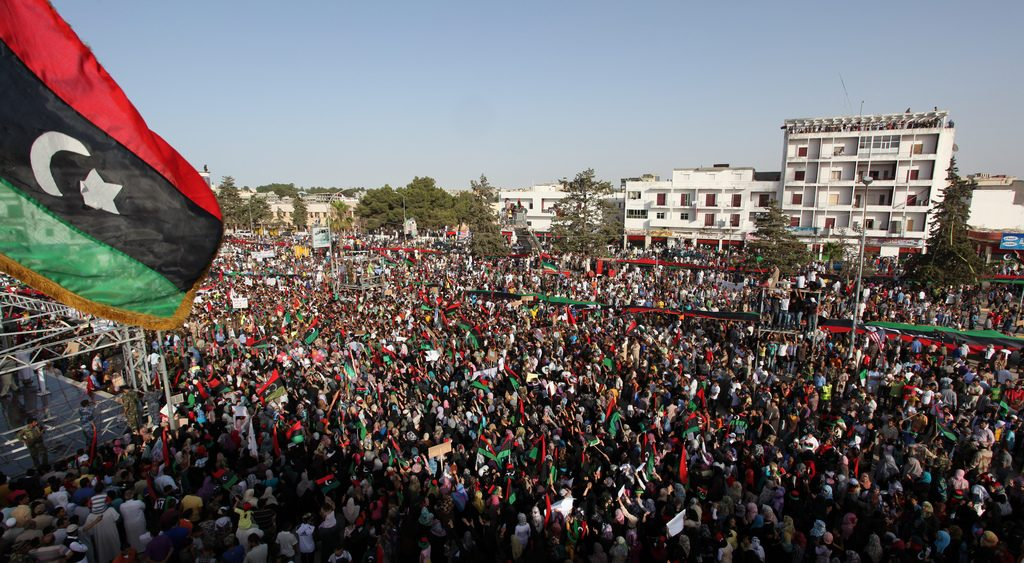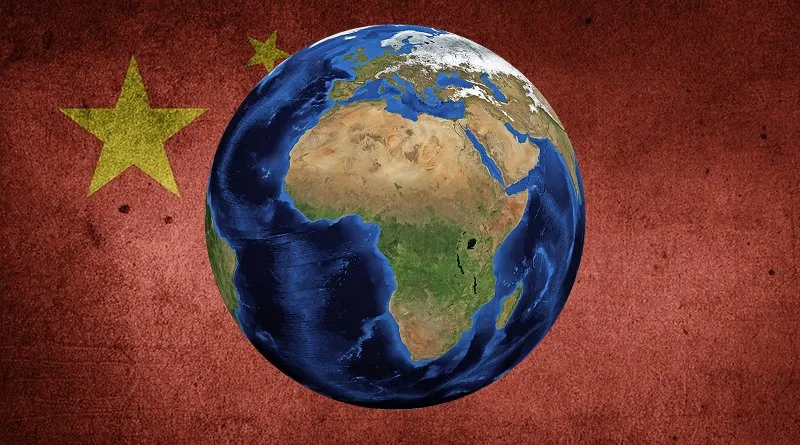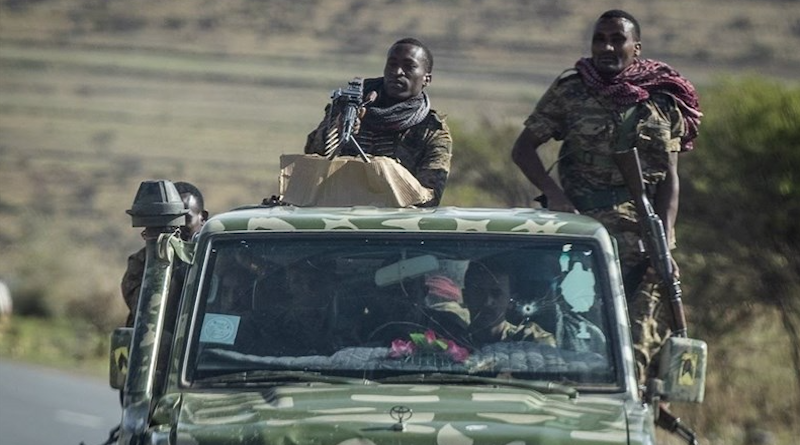Le monde de 2030 : L’effort multidimensionnel de l’Algérie pour rejoindre les BRICS
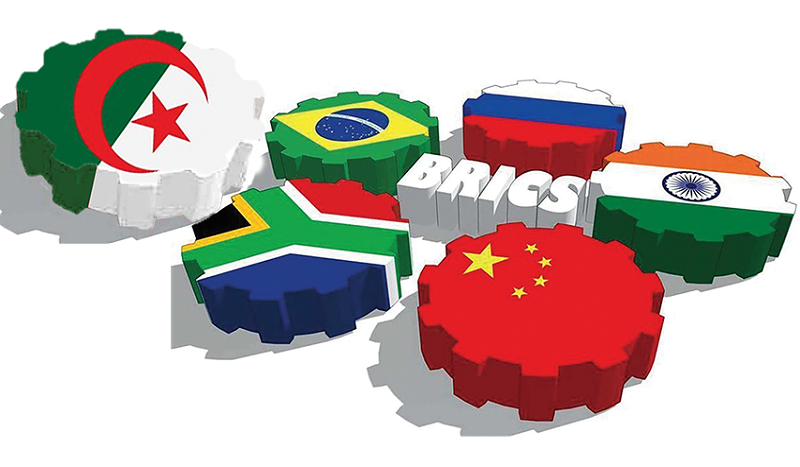
Résumé
Nous arrivons à la fin d’un cycle dominé par les pays occidentaux qui, pendant cinq siècles à des degrés divers, ont « formaté » le monde. Comme tous les grands ensembles, vient un moment où les empires s’affaissent. L’histoire est pleine de récits grandioses où les pays occidentaux actuels sont des nains juchés sur des épaules de ces géants. Le monde multipolaire est en train d’émerger dans la douleur. Les BRICS seront, d’une certaine façon, le garant d’une multipolarité notamment avec le retour du président brésilien Lula l’un des concepteurs il y a douze ans du concept de BRICS. Dans ce cadre, l’Algérie devra se déterminer, l’approche de s’accrocher à la locomotive des BRICS est assurément porteuse d’espérances. Cela ne sera pas facile, car il nous faudra penser avec les outils du XXIe siècle. Les critères d’admissibilité ne seront pas simples à franchir ; c’est un travail sur plusieurs années avec une mobilisation tous azimuts, sciences, économie et même culture et sociologie pour s’imprégner de la façon de concevoir des futurs partenaires de l’Algérie.


